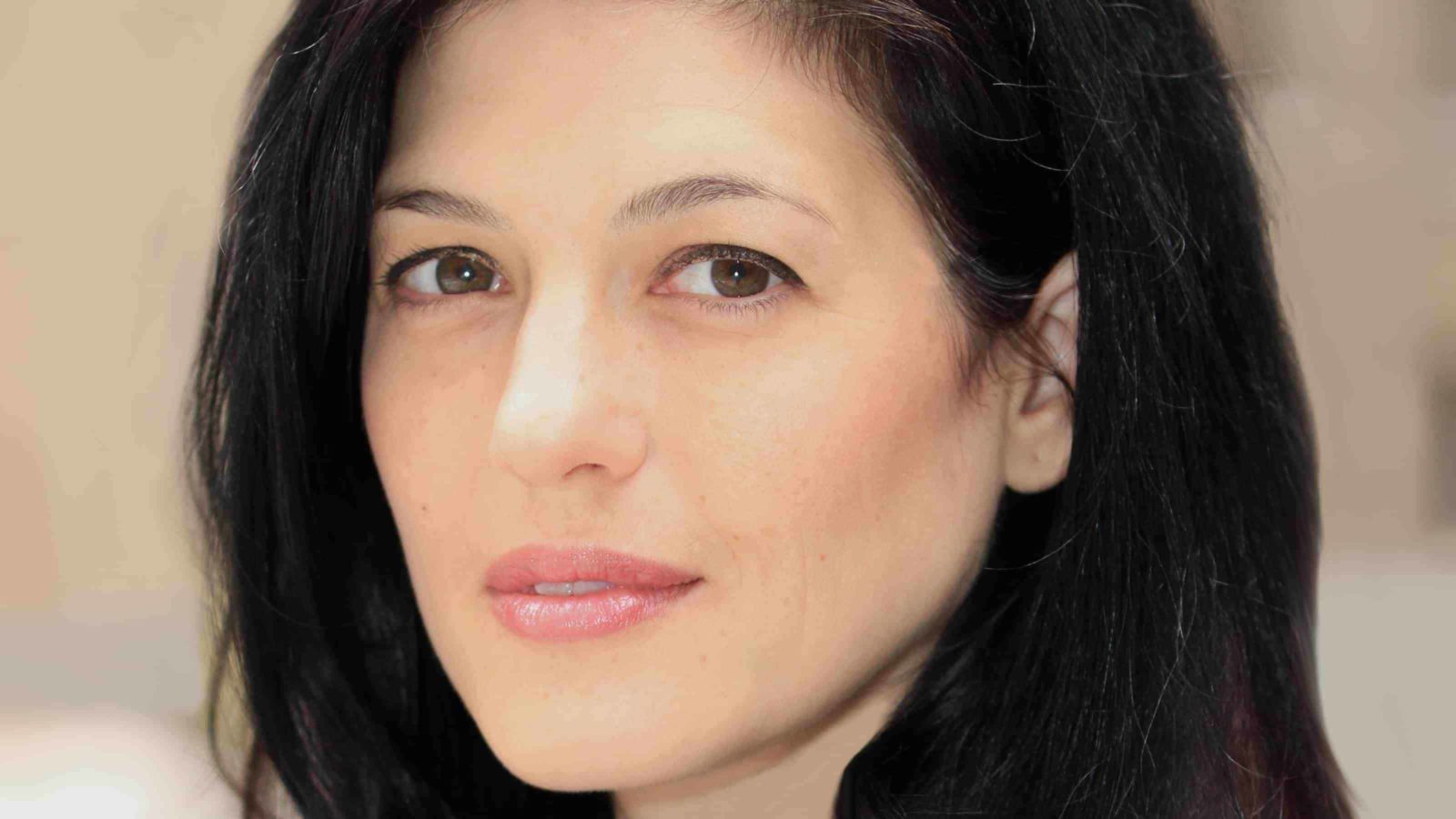Late night in a pizza parlor in Dallas. 1970. On the radio, Janice Joplin is singing with rising chords and the raw edge in her voice to a man who will not hear her.
Two women are talking.
How are you feeling?
Like a fish on an escalator.
And a national movement is about to change.
Sarah Weddington is just out of law school, passionate and willing to stand up publicly for a right and an argument that could get her killed. Norma McCorvey is humorous and scared, walking an edge from a background of poverty and trauma and living day-to-day.
Sarah is the woman who argued Roe v. Wade before the Supreme Court, and Norma is the plaintiff who became Jane Roe.
Lisa Loomer tells their stories in her contemporary play Roe, and the stories surrounding them in women’s reproductive justice in the last 50 years — in the question of who has control over a woman’s body and over her life.
Since its premiere in 2017 the play has been sought after from the West Coast to Broadway, said artistic director Kristen van Ginhoven. WAMTheatre has fought one obstacle after another to perform it in these weeks before the election, when the rights Weddington and McCorvey fought for are in the balance again.
WAM will release Roe virtually from October 17 to 20 with online conversations with scholars and actors and the community.
They competed for the right to perform it, van Ginhoven said. She knew it would be a leap for a small theater to take on a play that plunges into this deep current of action and activism, and with a large cast —12 actors, including Tara Franklin as Norma and Tracy Liz Miller as Sarah, and many more playing many roles. van Ginhoven knew it was going to be expensive.
And then the pandemic hit. And WAM has had to transform to keep the show alive.
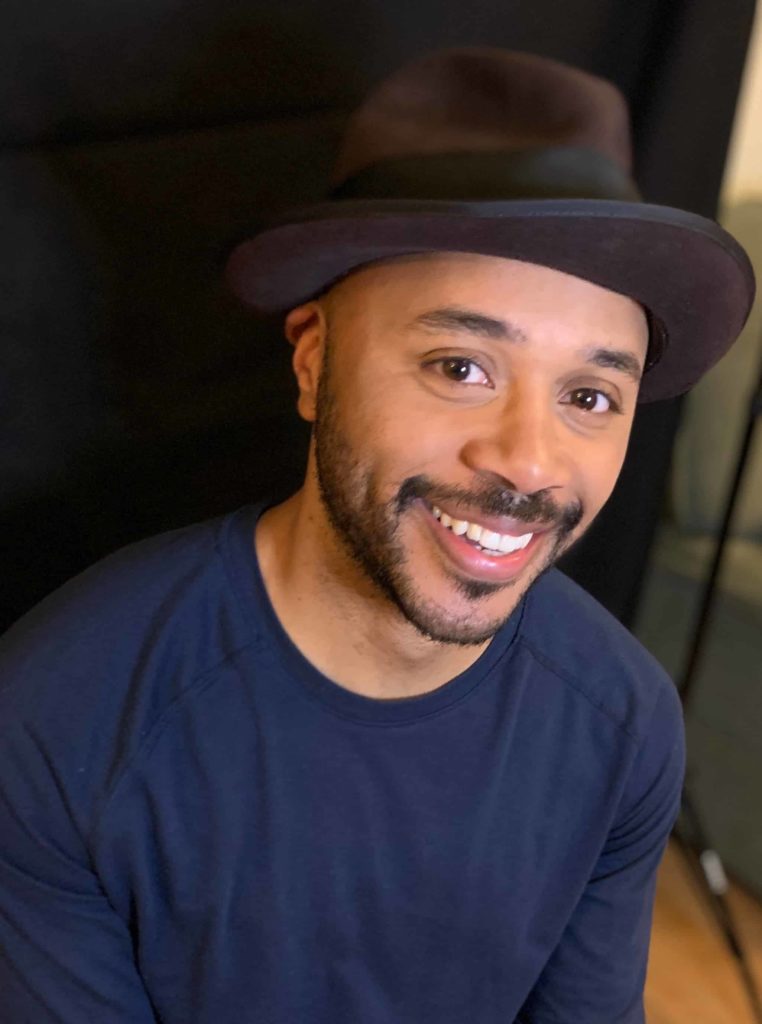
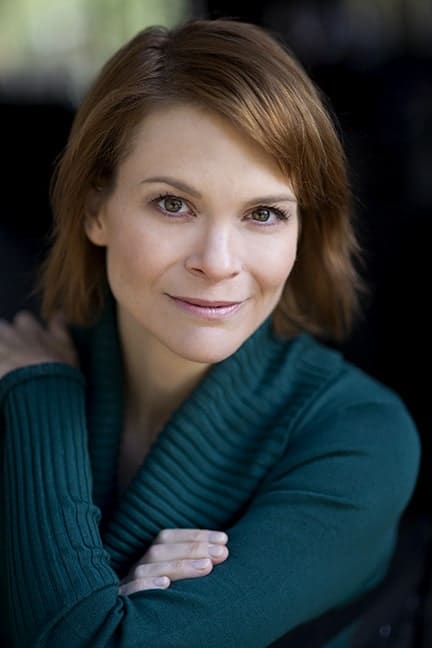
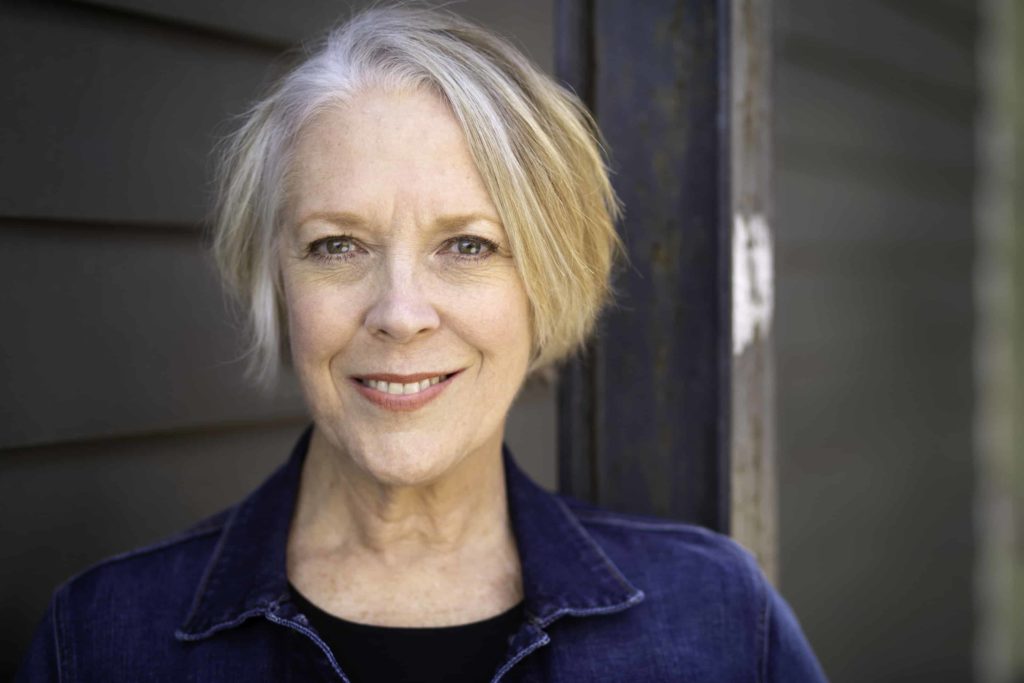
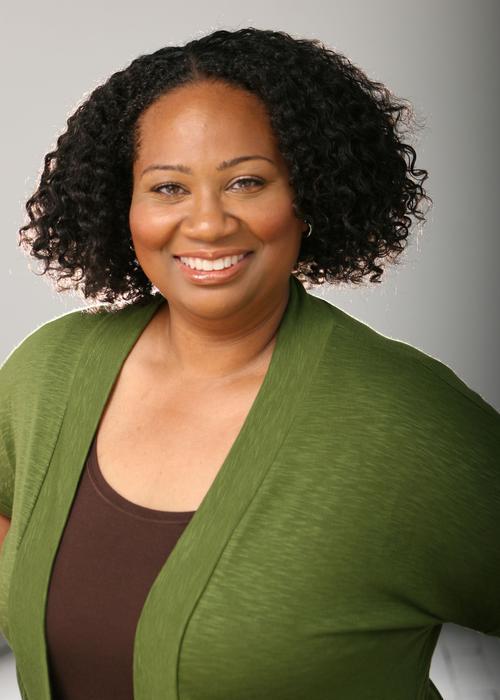
The woman who became Roe
“Ladies,” Norma says over her pizza in that Texas night, “I’m so poor I can’t afford to pay attention.”
Norma McCorvey ran away from home when she was 10 years old, and the play gives glimpses of what she ran from. Her father drank. Her mother was a Jehovah’s Witness and an alcoholic and sent her away to a Catholic school where a nun “got her under the bed” and then to an uncle who abused her.
Norma got away from him at 16 and married a man who beat her when he found out she was pregnant. She left him and came home, and her mother took her daughter away from her — got her to sign papers when Norma was drunk or high.
In 1970 she is pregnant again and trying to find stability.
“I forget Sarah is only four years older than Norma at this time,” Franklin said. “Sarah has education, knowledge, worldliness. Norma felt younger to me than she was. She has had two children already. She comes from a poor family — she didn’t have the chances Sarah did.
“… What I loved about her personality — she had a wonderful sense of humor even about herself and her situation. She would joke, and I found it heartbreaking. Is that a way she deflected certain things?”
The woman who made the case
Sarah Weddington was a young law school graduate when they met, and she was 26 when she stood before the Supreme Court. Miller considered her own life at 26, as a theater intern thinking about the next play and where to get together with friends that night.
Weddington walked onto a national stage. She was passionate about the case, Miller said, passionate that a woman should have a guiding voice over her own body.
Loomer shows her passion rising from experience and conviction. Sarah had graduated from law school in Austin as one of 40 women in a class of 1600.
“Some professors wouldn’t even call on a woman in class,” she says in the play.
In her third year of law school, she and the man she will marry are in a committed relationship, and she gets pregnant. She is near graduation and carrying family expectations.
“If I had dropped out” she says, “… my parents would have been so disappointed in me.”
Taking time off to have a child would make it hard for her to earn her degree or to find work. When she brings Roe to the Texas court, and then to federal court, it is her first contested case.
“Because no law firm wants to hire me,” she says. “The last firm that interviewed me said they didn’t want to invest in someone who’s going to, quote, ‘go out and get pregnant in a year.’”
Her husband is not showing any signs of taking responsibility for a child. He arranges an abortion with a doctor in a dirt alley in a small town in Mexico. They pay their entire savings for it, all of $400, and she goes into it hoping not to die.
And after she argues the case, as she becomes successful, she and her husband divorce. She carries on the fight for reproductive rights for 50 years with passion and fulfillment, Miller said.
“She stayed the course, and she still has.”
The right to choice means a woman can finish high school, get to college, have a job and keep one … have children when she can care for them, strengthen a family … A woman can feel strong in mind and body and love freely.
Loomer brings her story and Norma’s together with perspectives from many points of view, women facing hard choices, Christians who feel that they are advocating for unborn children, Supreme court justice who gave the opinion on the case and faced death threats.
“An audience member should be able to feel that their side is right,” she writes in the opening. “It’s the only way they’ll be able to … hear the other side.”
On all sides in here, people are struggling. Sarah came of age when abortion was illegal, and she saw the consequences. Some were immediate and bloody.
“Some hospitals have entire wards for botched abortions,” she tells a group of friends in the play in 1969, “and some women just do it themselves. They take Lysol, turpentine — they use telephone wire, curtain rods, chopsticks, broken coke bottles, a vacuum cleaner … No woman should have to go through these things. It has to change.”
Some consequences were longer term and just as destructive — sometimes for generations, as they were for Norma. Women now have freedoms that Sarah’s generation never had.
“In the 1970s women didn’t have the right to a credit card,” Miller said, “or to have custody of their children in a divorce.”
For Sarah the right to choice means a woman can finish high school, get to college, have a job and keep one. And she and her partner can choose to have children when they can care for them. They can strengthen a family and make sure children are safe and confident. A woman can feel strong in mind and body and love freely.
Opening up the conversation
For her, and for Miller and Franklin and van Ginhoven, the conversation around abortion is part of a much broader one on independence and healthy relationships, consent, pleasure and communication.
“There wouldn’t be a conversation on abortion if we could have an open conversation on sex education,” van Ginhoven said.
She comes to this play as someone passionately pro-choice, and looking at the argument from an artist’s perspective has deepened her understanding and commitment.
The experience of producing the play and the research involved have helped her articulate much more clearly why she is so passionately pro-choice, she said, from a much deeper knowledge of reproductive justice.
“It began as an emotional reaction to someone else telling me what I can do with my body,” she said. “… Now I can back up emotion with facts, science, information I’ve learned.”
She has learned in talking with WAM’s scholar-in-residence for this play, Laura Briggs, a Professor of Women, Gender and Sexuality at the University of Massachusetts at Amherst, and with dramaturge Tatiana Godfrey and the group who will lead their community conversations, Essential partners.
Working through this play has illuminated many parts of the conversation, she said. She has been thinking about “how and when people choose to parent and the support you need, the trauma of having to make a decision in the second trimester, and how few of those cases there are.”
She has learned that less than one percent of all abortions happen after the first three months — and when people are making a decision past that time, they are almost always making it for the health of the mother, or the foetus, or both.
‘There’s nowhere in the Berkshires where you can get an abortion. And there’s no sex education in Southern Berkshire schools except for the Railroad Street Youth Project.’
She has also learned how difficult it can be to find resources, even here.
“There’s nowhere in the Berkshires where you can get an abortion,” she said. “And there’s no sex education in Southern Berkshire schools except for the Railroad Street Youth Project.”
Local teenagers came to RYSP themselves, looking for guidance, and RSYP mentors stepped in to help them.
“They’re in a few schools,” van Ginhoven said. “Without them, there would be no sex education and no healthy relationship education.”
In other parts of the country, access is even more difficult. She remembers a woman who works full-time explaining that she would have to travel four days each way to get to a clinic, a week off she can’t afford, making the difference between eating and paying the rent or not.
And she sees the debate is rising again now, at a time when the country debating many consequences of systems that affect people unequally, the kinds of systems that left Norma vulnerable and exposed and denied her education or safety.
“Who Norma is … she was formed by systematic repression,” she said.
Loomer is very much aware of the differences for those who have information and resources and those who don’t, Miller said.
If this country reversed Roe V. Wade, she said, many white women would still have abortions. They would have funds, resources and connections not available to many women of color. But it would drastically change the options for people who don’t have those resources.
Franklin sees that divide and its effects starkly in Norma’s life.
In one scene in the play a doctor argues that a woman makes a choice when she gets pregnant — and he is saying this to Norma, who has been assaulted since she was a child.
Norma is 22 then, and for most of her life she has had no choice. She has had nowhere to turn. And people who share the doctor’s views have taken away the resources and information that would help her to make a choice intelligently.
When Roe v. Wade gains national attention, Norma gains attention with it. And she uses her new standing. She is looking not so much recognition or fame, Franklin said, but to find a group. She imagines Norma feeling, “I’m becoming important … someone people value.”
National forces try to claim her. For many years she works for choice, and then for a time against it.
“It’s challenge for me to tackle when she does a complete 180 about abortion,” Franklin said. “She’s not switching belief. She wanted to be part of something bigger.”
Before she died, Norma turned around again, van Ginhoven said — Norma said she had never been pro-life, that they had paid her and she played the part.
“I found her story really sad,” Franklin said. “What she did was wonderful for women, and she was manipulated, pulled in different directions.”
‘Norma’s relationship with Connie … it’s the most sustaining and beautiful and heartbreaking.’
She and Miller look closely at Norma’s relationship with Sarah in the play, especially in the way Sarah asked her to become Roe, in the beginning. They feel Sarah could have told Norma that she had had abortion when Norma needed one.
Norma is looking for a doctor to help her, asking her own sources. Sarah might have helped her then, Franklin said. Sarah tells Norma up front that the case may take a long time. Did she deliberately not mention that dirt alley in Mexico because she wanted a plaintiff and was afraid Norma would walk away?
Norma agrees to become Roe because she wants and needs to end a pregnancy, Franklin said, and because it gives her a kind of power she never expected to have.
“The Supreme Court sounds so important,” she said. “She would never have thought about speaking in front of a group so renowned. Then it’s pulled out from under her. She feels like it’s a precious thing, and then she feels used. ‘I trusted you and gave you me, and you turned on me.’”
van Ginhoven talked with her team about the same questions and found empathy for both Norma and Sarah and value in Sarah’s constant work as an activist and the women whose lives it has touched.
“Dr. Briggs said we need people who fight for the issue,” she said. “We also need people like Connie.”
Connie is Norma’s partner and lover, the one stable force in her life for decades and the one person who stands by her even when Norma turns on her or walks away. And she works beside Norma in the years when Norma works for choice.
“Norma’s relationship with Connie … it’s the most sustaining and beautiful and heartbreaking,” Miller said.
“She stays with Norma her whole life and tries everything for her,” van Ginhoven said. “Connie breaks my heart. And she represents reproductive justice.”
“I knew a curandera,” Connie says … “my mom used to see her, what you’d call a medicine lady, healer? And she told me the Mayans believe the center of a woman is right here. (She touches her own womb.) That’s where her power comes from. Not the heart. Here. That’s why I stayed in the clinic.”
That’s why she believes a woman should hold that power, love and know that center, and speak with her own voice.

